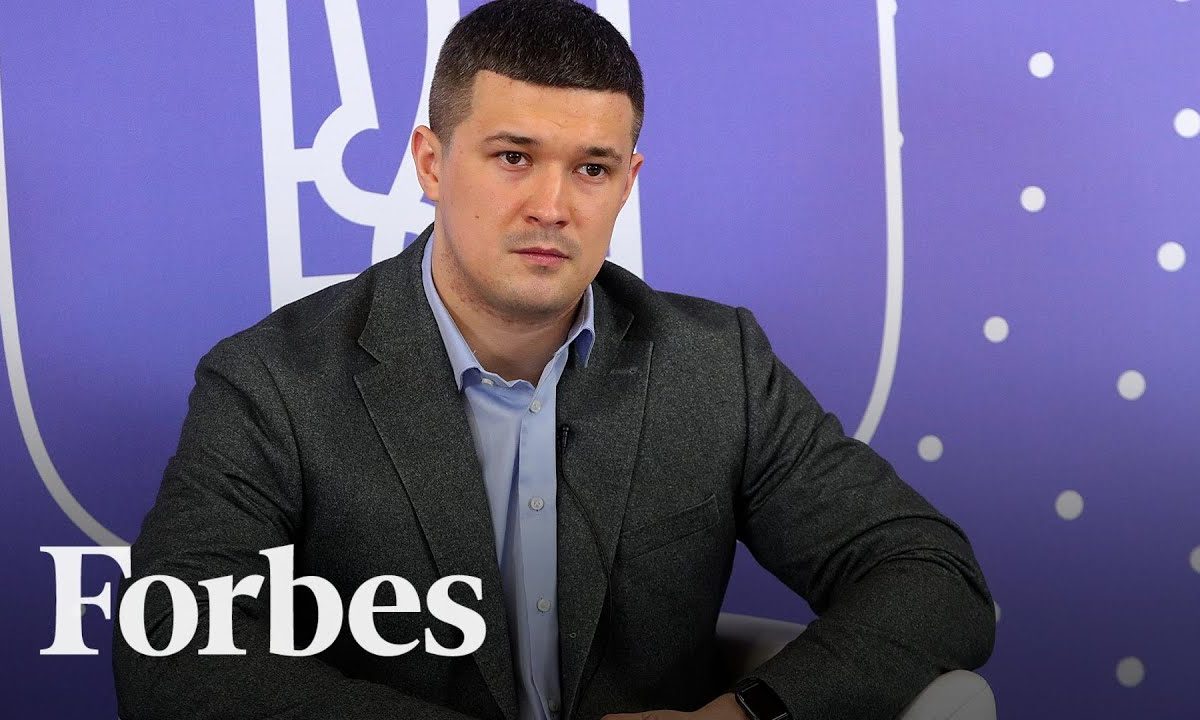A shadow war is being fought in Ukraine, invisible to most people but critical to the outcome. Its warriors vow that no matter who wins the bloody battles on the streets, they will fight on.
In this back-and-forth of cyberattacks, waves of phishing emails hit Ukraine’s military personnel, allegedly originating with a Belarussian hacking crew. Distributed denial of service attacks, or DDoS, which flood websites with traffic until they collapse, continue to inundate government targets. Wiping malware spreads across the nation, capable of destroying a computer’s memory in seconds. Some reports citing a U.S. official have indicated that power plants have been under attack, though no details were provided. Even cybercriminals—the Conti ransomware crew, namely—have threatened to hit critical infrastructure in response to attacks on Russia. And physical attacks are having an impact—one IT professional who fled Kyiv earlier this week said Wi-Fi was down where he’d relocated because Ukrainian forces had blown up bridges, taking down internet cables.
Like a guerrilla army, Ukrainian cyberattackers like Yegor Aushev vow to hit their targets and move on, even if the larger battle looks lost. Aushev, the founder of numerous cybersecurity companies in Ukraine, said Thursday he’d recruited a group of guerrilla hackers inside and outside Ukrainian borders that even includes a handful of Russians who oppose President Vladimir Putin’s invasion.
Together, they’ll be playing offense and defense—trying to protect resources and break into Russian systems. Aushev said he has a direct line to government defense officials in the capital Kyiv who can tell him what needs protecting and what needs targeting. Ukrainian officials declined to comment to Forbes and to Reuters, which first reported Aushev’s project.
“It’s offense, defense and training,” Aushev said. “We want to build a distributed, let’s say, army to support Ukraine.” He said most of the attacks so far are DDoS, with government and Ukrainian media websites going down, but it’s part of “hybrid” warfare, in which Telegram and other apps popular among Ukrainians are being flooded with fake information.
Read the full story on Forbes:
Subscribe to FORBES:
Stay Connected
Forbes newsletters:
Forbes on Facebook:
Forbes Video on Twitter:
Forbes Video on Instagram:
More From Forbes:
Forbes covers the intersection of entrepreneurship, wealth, technology, business and lifestyle with a focus on people and success.






